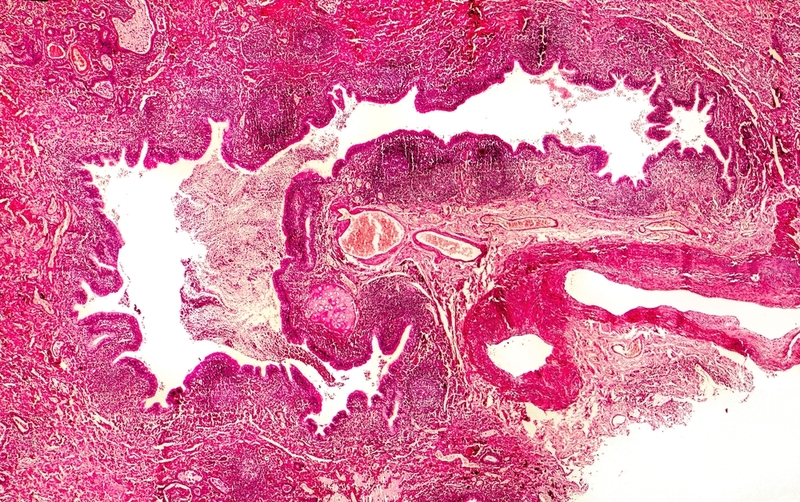Bronchiectasis: A common lung disease
UNI Aug 02, 2018
Bronchiectasis is a condition in which the bronchial tubes in the lung get damaged from inflammation or other causes and the smooth muscles of the bronchial tubes are destroyed.

In addition, elasticity of the bronchi is often lost. Bronchiectasis may be acquired or have a genetic origin. Many clinicians consider it to be a form of chronic obstructive pulmonary disease. Normally, tiny glands in the lining of the airways make a small amount of mucus. Mucus keeps the airways moist and traps any dust and dirt in the inhaled air. Because bronchiectasis creates an abnormal widening of the airways, extra mucus tends to form and pool in parts of the widened airways. Widened airways with extra mucus are prone to infection.
The cause of bronchiectasis is often not clear. Some conditions that affect or damage airways can cause the disease that includes: Some inherited conditions. For example, a condition called primary ciliary dyskinesia affects the cilia so they do not 'move' correctly to clear the mucus. Cystic fibrosis is another condition that affects the lungs and causes bronchiectasis. Inhaled objects can become stuck and block an airway. This may lead to local damage to that airway.
Acid from the stomach that is regurgitated and inhaled can damage airways as well as inhaling poisonous gases. Severe lung infections such as tuberculosis (TB), whooping cough, pneumonia or measles can damage the airways at the time of infection. Bronchiectasis may then develop. The main symptom of bronchiectasis is a cough which produces a lot of sputum, tiredness and poor concentration as well as wheeziness. A lung scan and other lung and sputum tests help to confirm the diagnosis.
-
Exclusive Write-ups & Webinars by KOLs
-
Daily Quiz by specialty
-
Paid Market Research Surveys
-
Case discussions, News & Journals' summaries